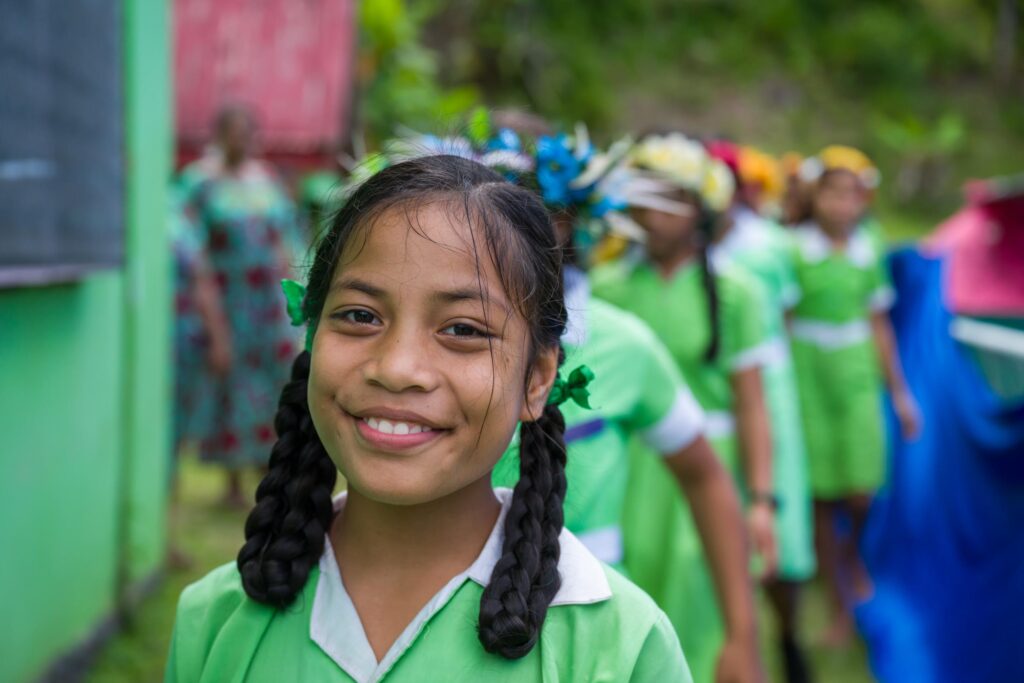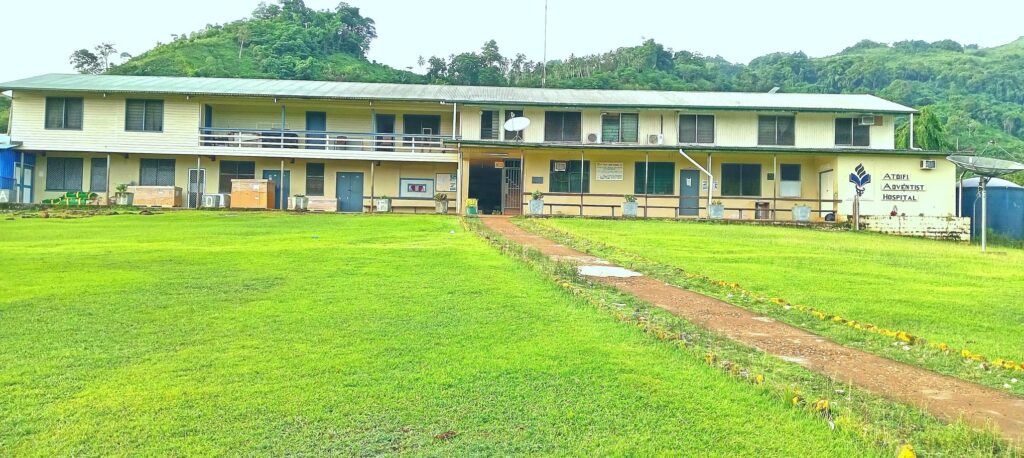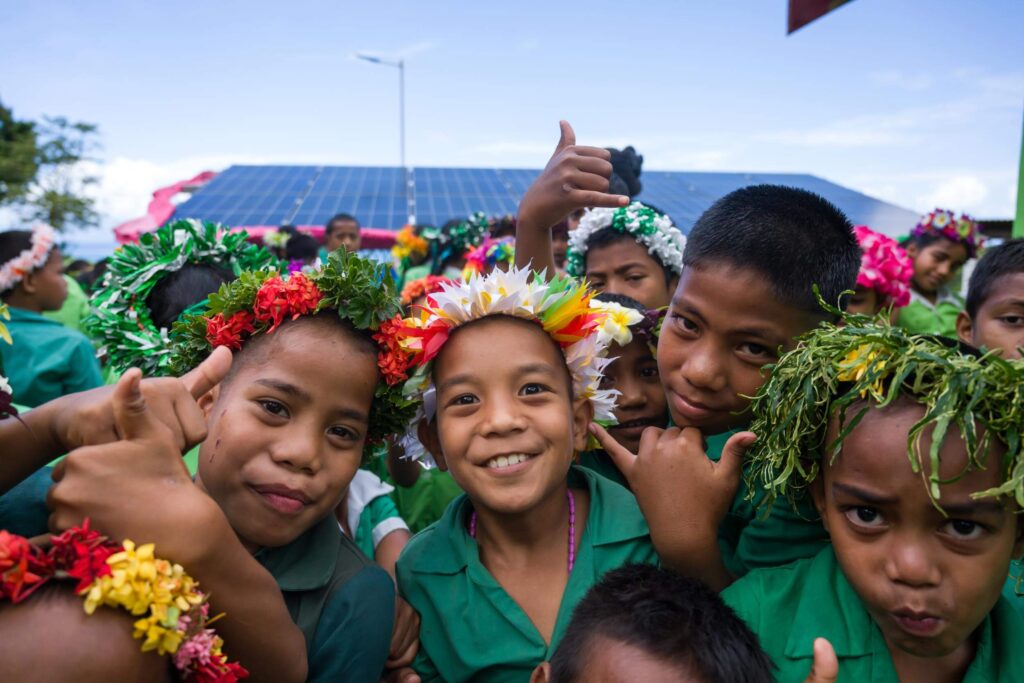A single classroom light might seem small, but for students across the Pacific and Timor-Leste, it’s the start of something extraordinary. It means the chance to study after dark, connect to the internet for the first time and step into a world of new possibilities. Each light switched on is more than a moment of progress, it’s a foundation for generational change. The student who logs on for the first time today could become the engineer who designs the next renewable innovation, the doctor who saves lives or the scientist who cures cancer.
With just three weeks until #COP30, we’re spotlighting education, because powering classrooms with clean energy is powering opportunity. Supported by the Australian Government through REnew Pacific and earlier pilots under the Business Partnerships Platform, local partners are lighting up schools and learning spaces with renewable energy across the Pacific.
In Fiji, Its Time Foundation, in partnership with Fiji’s Ministry of Education and the Australian Government, is expanding access to clean energy for 30 remote and maritime schools through REnew Pacific. Each site will receive reliable 24-hour solar power, high-speed internet and simple computer labs, helping bridge the digital divide and improve learning conditions for students and teachers.
The new project builds on a successful pilot at Buakonikai Primary School on Rabi Island, where clean, reliable solar power and internet connectivity have transformed the learning environment for 115 students. Teachers now report higher engagement, new opportunities for digital lessons and annual savings of more than AUD 6,000 in fuel costs, reinvested in classroom improvements. Find out more and watch a short film about the pilot’s impact here and below:
In Solomon Islands, Superfly is installing solar hybrid systems at Goldie College and Sir Dudley Tuti College. Around-the-clock electricity will enable longer study hours, safer dormitories and better access to digital learning for more than 1,400 students and teachers. Find out more.
In Papua New Guinea, over 200 students at Kokoda College now have access to reliable, renewable power through a new solar mini-grid. Delivered by the Kokoda Track Foundation and the Australian Government through a #DFATBPP pilot that was completed in March, the system powers classrooms, an IT lab, water and waste facilities, as well as supporting climate-smart agriculture on campus. Find out more.
And in Vanuatu, the Global Green Growth Institute (GGGI) is working with local partners to bring solar power and clean water to schools and health centres across Santo, Paama, Tanna and Malekula islands. By training community members in system maintenance and governance, the project is creating local jobs and building long-term energy resilience for 4,700 people. Find out more.
Every classroom lit by solar tells a story of possibility, of girls studying safely at night, of teachers using technology to open new worlds and of communities reinvesting savings back into education. As we move closer to COP30, these projects remind us that climate action is also about equity and opportunity. Clean, reliable energy is lighting up futures: one school, one student and one community at a time.
These transformative education projects are made possible through the Pacific Climate Infrastructure Financing Partnership (PCIFP), a $350 million initiative delivered by the Australian Government’s Australian Infrastructure Financing Facility for the Pacific (AIFFP) and implemented by Palladium.
Follow along each week as we share a new story on the road to Belém.



